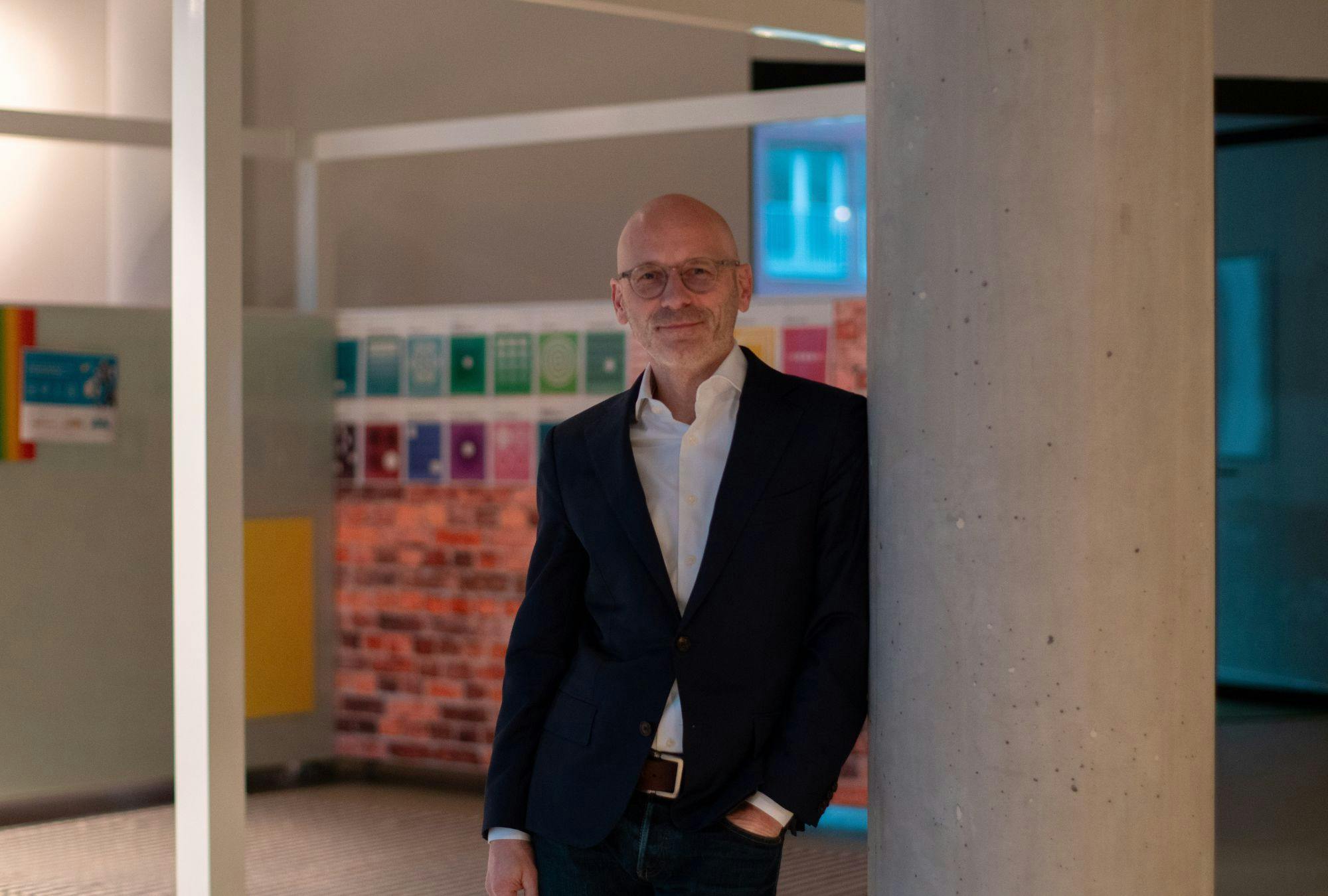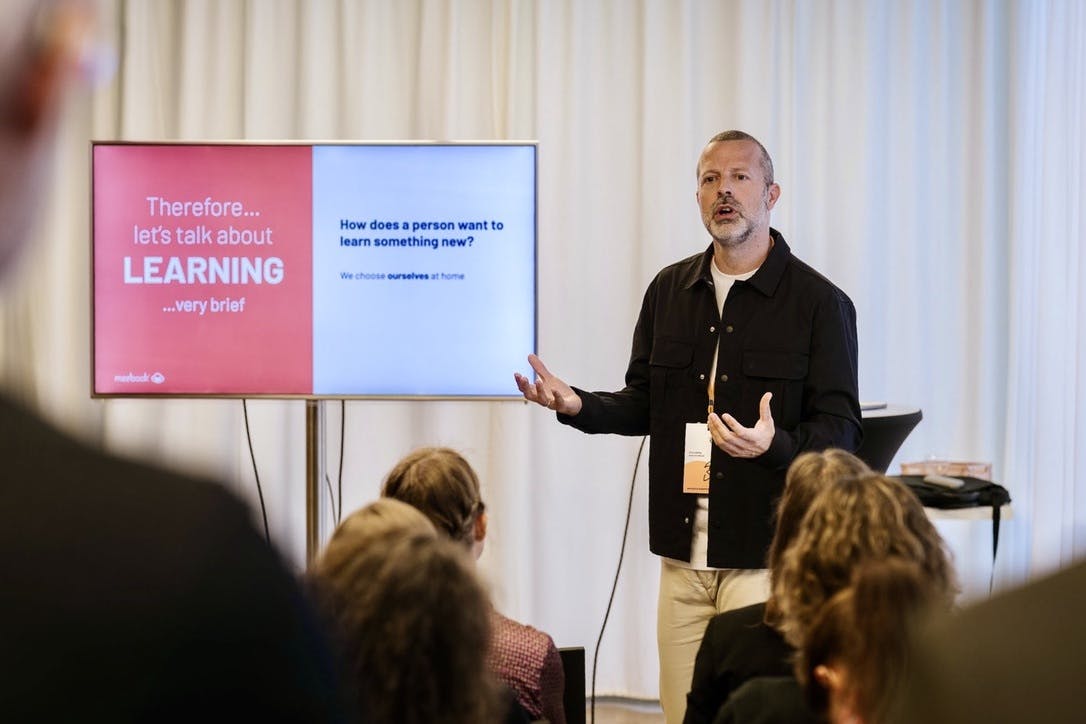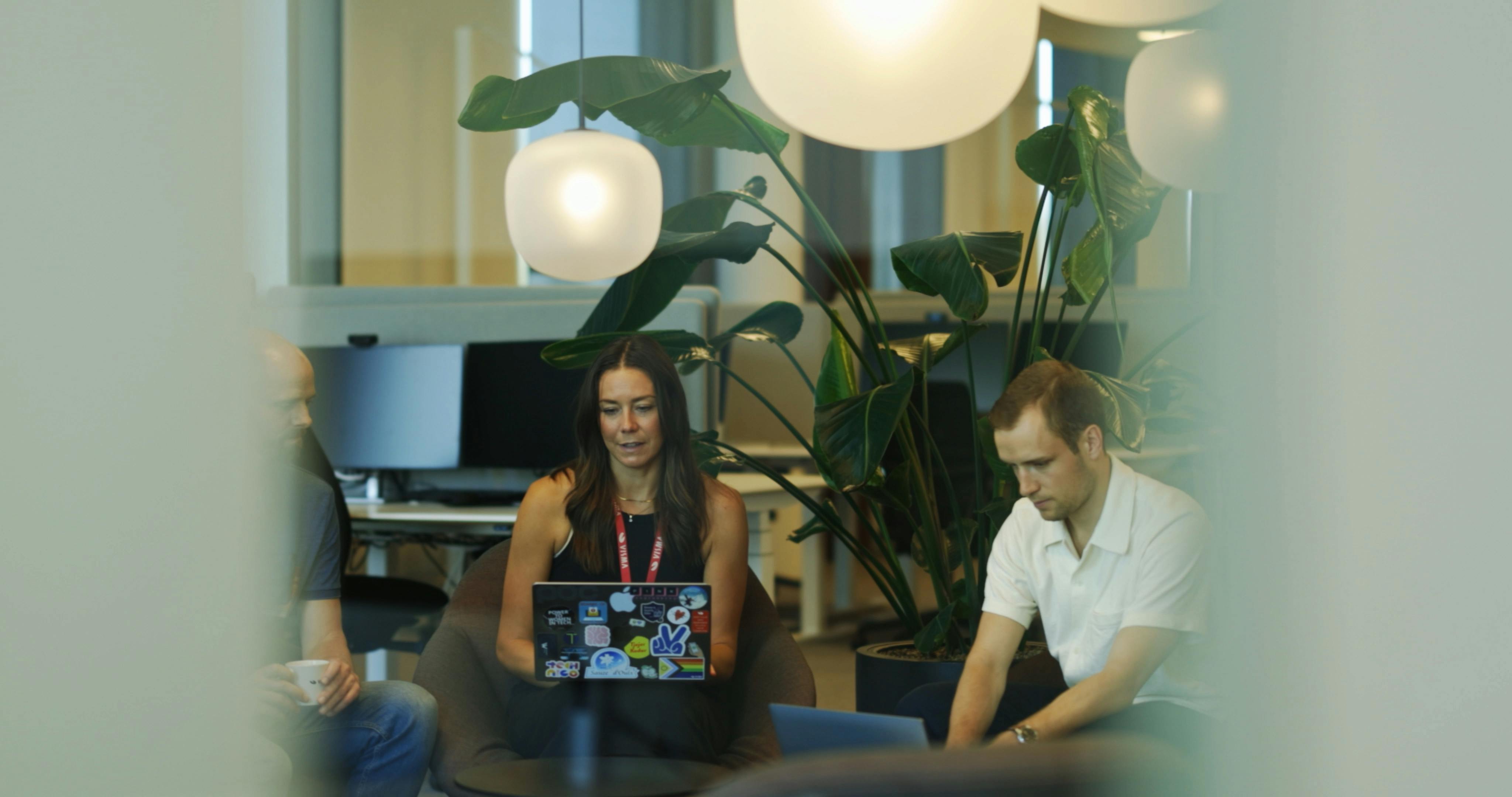
28/9/2023
min read
Life at Visma
Why we did it – every bit matters
As laid out in our most recent Sustainability Report, Visma’s car emissions in 2022 amounted to 940 tonnes of CO2, or about 6% of our total emissions. That might not sound like a lot, but it takes 47,000 trees growing for a full year to cancel those emissions out.
When we talk about car emissions, we’re referring not only to trips during work hours (e.g. a sales meeting at a customer site), but also commuting to and from the office. It was those commutes we wanted to reduce with this campaign.
How we planned it – we accommodated everyone
With nearly 200 companies under the Visma umbrella, planning a Group-wide initiative takes some coordination. As a small group of colleagues working with communication and sustainability (among many across our companies), we’re no strangers to spreading the word in a large organisation like Visma. Ultimately, we wanted to start a conversation about how we get to work.
First, we designed a set of posters that Visma companies could print and hang up in their entryways. The first was a teaser giving colleagues a heads-up that the campaign was coming. The second was a poster where people could mark which transit method they used each day.

We also posted in our internal channels to let our colleagues know the event was happening. In addition, we worked closely with each Visma company to make sure they had the info and resources they needed to execute the campaign locally.
In most companies, the initiative was a joint effort between sustainability, marketing and HR. The most creative campaigns came out of the companies where collaboration was strongest. For example, Visma YouServe in the Netherlands offered a prize to every employee who participated: everyone who commuted to work sustainably for one day and posted about it online received a houseplant from plantje.nl. Such a campaign was only possible thanks to the tight collaboration between HR, marketing and sustainability in that company.
How it went – full results
Every floor at Visma’s Oslo headquarters participated, as well as Visma companies in the Netherlands, Finland, and Norway. In total, we had 809 logged commutes.
Public transit was the most common transit method, followed by electric cars, petrol cars, walking, cycling and carpooling.

Social engagement was strong, with many using the hashtag #vismacardietweek. Some Visma companies even prepared social media templates for employees to use when posting about the campaign.

There were other positive side projects that emerged as well. Visma’s Sustainability Manager Stina Wahlsten was interviewed by SmartTrackers about the initiative – check out the article.
What did we learn? A lot!
This campaign was a great example of how Visma’s culture enables meaningful initiatives to emerge from just about anywhere. With the right communication, they can expand and blossom throughout the organisation.
At the onset, we lacked reliable data on how people normally come to the office. In many ways this was a preliminary survey. By next year we’ll have a much better understanding of people’s commuting behaviour and can therefore better calculate the effect of this campaign.
On a social level, people were engaged and chose more sustainable methods of transit. We got the whole company talking about the downsides of driving and managed to increase awareness of what people can do to personally reduce their emissions. In that sense, we got exactly what we wanted.
We also found that there is still some resistance to driving less. For some, it’s simply not viable to cycle or take public transit. Others are more open to it, but need clearer incentives from their company for it to be worth it. These are learnings we need to openly discuss and, like all decisions, they come with tradeoffs.
By the end of the week, we likely reduced our car emissions by a few tonnes – which is a good start. Next year, our goal will be even more ambitious.

Voice of Visma
Welcome to the Voice of Visma podcast, where we sit down with the business builders, entrepreneurs, and innovators across Visma, sharing their perspectives on how they scale companies, reshape industries, and create real customer value across markets.
Sustainability
























































































































































































































